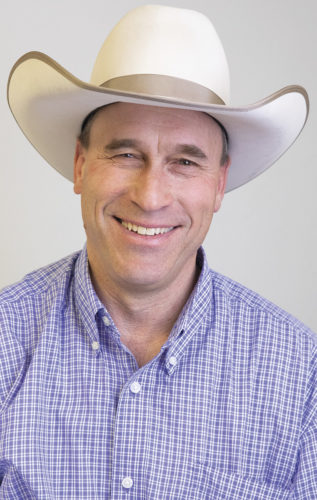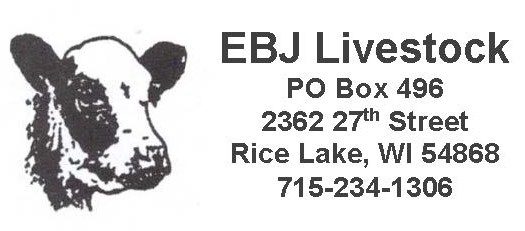Kids from every town mingled and meshed pretty well together, but there was always sort of a bond and allegiance to the kids who were from your hometown.
When I was in the fifth grade, a group of my friends and I made up a game we played every day, all winter long, at every recess. We called it “Firestone and Goodyear.” We only played it in the winter because there was always lots of snow on the asphalt playground, and the game consisted of not much more than tackling anybody on the other team.
Without the snow, the results of the tackles were a little more than even a bunch of 10- and 11-year-old wannabe tough guys could handle.
Of course, the game was deemed too dangerous, and was forbidden by the principal, so we always had to keep an eye out for the teacher who happened to be on playground duty. I can’t imagine why the intolerance among school administrators existed.
What could possibly go wrong? I don’t recall any broken bones, but there were a few bloody noses and black eyes. We had to be quick to cover up any bloodied snow. Otherwise, our verboten fun would be banned, and we’d have to spend every recess indoors. The horror!
The fence corner by the softball backstop served as the home base for one team. You couldn’t be tackled if you were in that designated area. If a member of your team was tackled outside of the safe zone, he had to stay in the spot where he was tackled until one of his teammates could tag him and he could get back to the home base.
If every member of your team got tackled, you lost that round, and the teams switched places.
For the most part, we limited the participants to fifth and sixth graders, but occasionally a younger kid who seemed tough, or who had some connection to a popular or tough older kid, would be allowed to play. One December day, when there was a foot of new snow, a group of younger kids showed up and wanted to play.
You know, of course, that not just anybody can give the green light to allow any younger kid in the game. There is a goofy hierarchy among kids. Often, the meanest bully types, who have some athletic advantage, are the ones who, for some odd reason, are the most popular. (How does that work, anyway?) These are the kids who call the shots.
On this day, a couple of kids from towns other than mine were allowed to play. A third-grader from my hometown also joined in. One of my “popular” friends decided that my homeboy didn’t belong.
He approached the younger boy, pushed him to the ground and instructed him to leave. I remember, very well, his vicious tone and the words he used. “Get out of here, kid. You can’t play.”
I stood there and watched – but did nothing. After all, who was I to challenge the unspoken but accepted order of things? I felt bad and thought that I should do something, but think was all I did. I decided to keep my good deed for another day. My cousin Michael, who was my age and was my best friend all through our growing-up years, did more than just think.
He left his coveted spot on the mighty Firestone team, walked over to the younger boy and put his arm around his shoulders. He offered some kind and encouraging words, and together they walked off to another part of the playground. I was ashamed of myself – but apparently not ashamed enough to risk my status with the tough and popular group. I had a good thought but very little courage to spur me to do the right thing.
I didn’t tell that story to a soul until I spoke at Michael’s funeral, 10 years after our high school graduation. It doesn’t really show me in a very favorable light. It did, however, have an impact on me. I like to think it changed how I thought and, more importantly, how I acted in the decades that followed that bright, cold and snowy day on a rural school playground.
They say it’s the thought that counts. I’ve come to believe that sentiment is pure nonsense. If the thought is what truly counted, then I’d be a saint. I thought about closing the gate. I thought about watering the horses. I thought about thanking my wife for helping me feed the yearlings. I thought about telling my kids that I love them.
The thought isn’t really worth a sheep pellet. The courage and gumption that it takes to act on a good thought, and the residual love and goodwill that follow the deed, on the other hand, are worth all the literal and figurative gold and frankincense and myrrh in the world.
I usually think about that at this time of year – and hope that I deserve a tiny part of the most precious gift that led to the most selfless act in human history.
Merry Christmas. ![]()

-
Paul Marchant
- Writer
- Progressive Cattleman
- Email Paul Marchant







